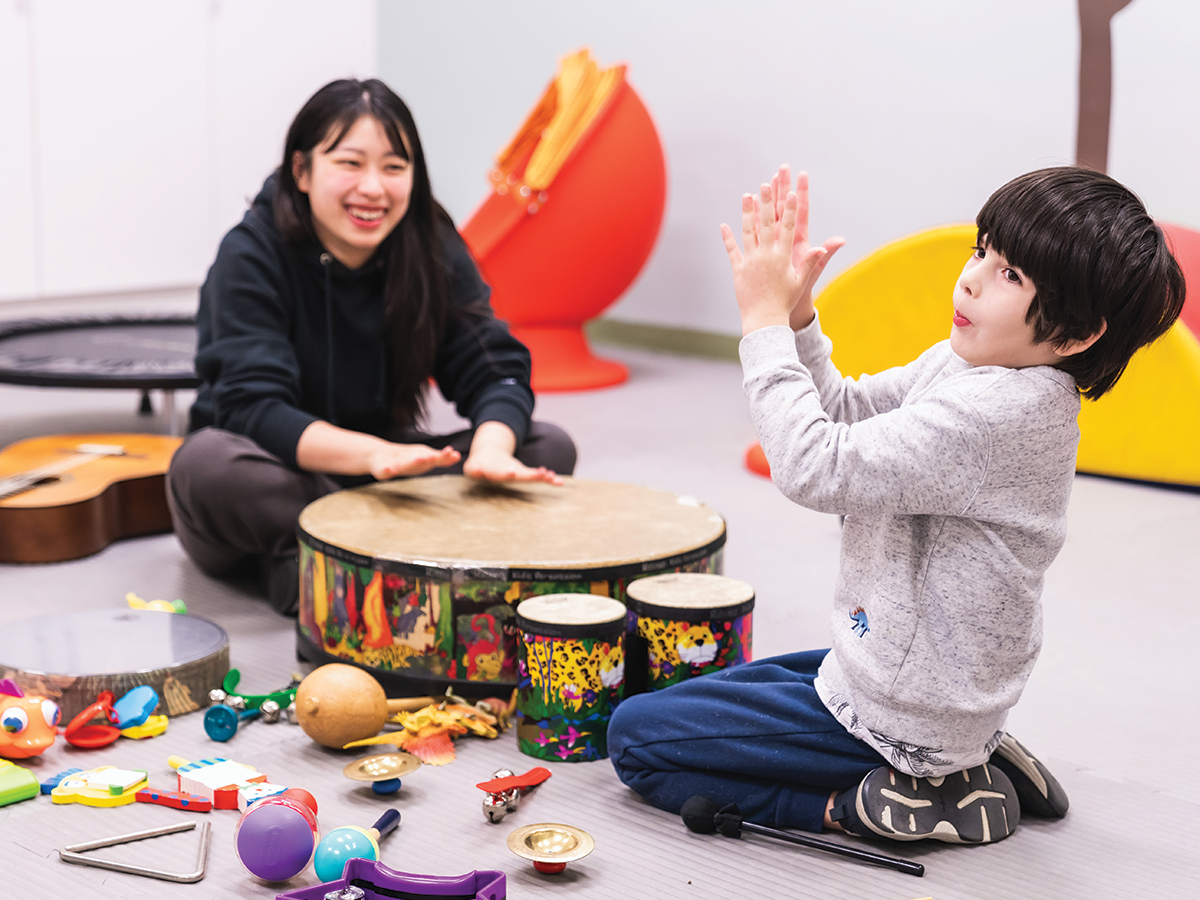Venus Lai is passionate about the benefits of music.
She is a passionate music therapist for VMCH’s Early Learning and Therapy program, supporting children’s development and wellbeing through singing, playing instruments, improvising and structured music-led activities.
“I’ve loved music since I was young, thanks to my family’s influence,” she said.
“At the same time, I’ve always wanted to help people. (After study) I realised I could use my passion and strengths to support people in need.
“For some children, they may not feel safe talking at school [through selective mutism], but through music – whether it’s a song we create together or other forms of expression – they can safely express themselves.”
Lai is worried about the National Disability Insurance Agency’s changes to music therapy budgets, and how these might impact children’s ability to access the service.
The National Disability Insurance Agency is considering moving music therapy from ‘capacity building’ to the ‘community participation’ budget.
Lai says this move would affect over 8000 families who rely on music therapy to achieve their NDIS goals.
“Some believed music therapy is unaffected because as a community support, it will technically remain in the NDIS. However, the community participation budget funds activities. It does not cover goal-oriented, individualised therapies. While community participation is important, it does not deliver the functional outcomes provided by registered music therapists,” she said.
Without funding, participants who rely on music therapy to achieve their goals will lose access, she added.
“For some children, music therapy is a key part of their development. (If funding is cut) their well-being could slow or even reverse the progress they’ve made.”
An independent review into NDIS pricing for music and art supports has been extended until 17 April.

